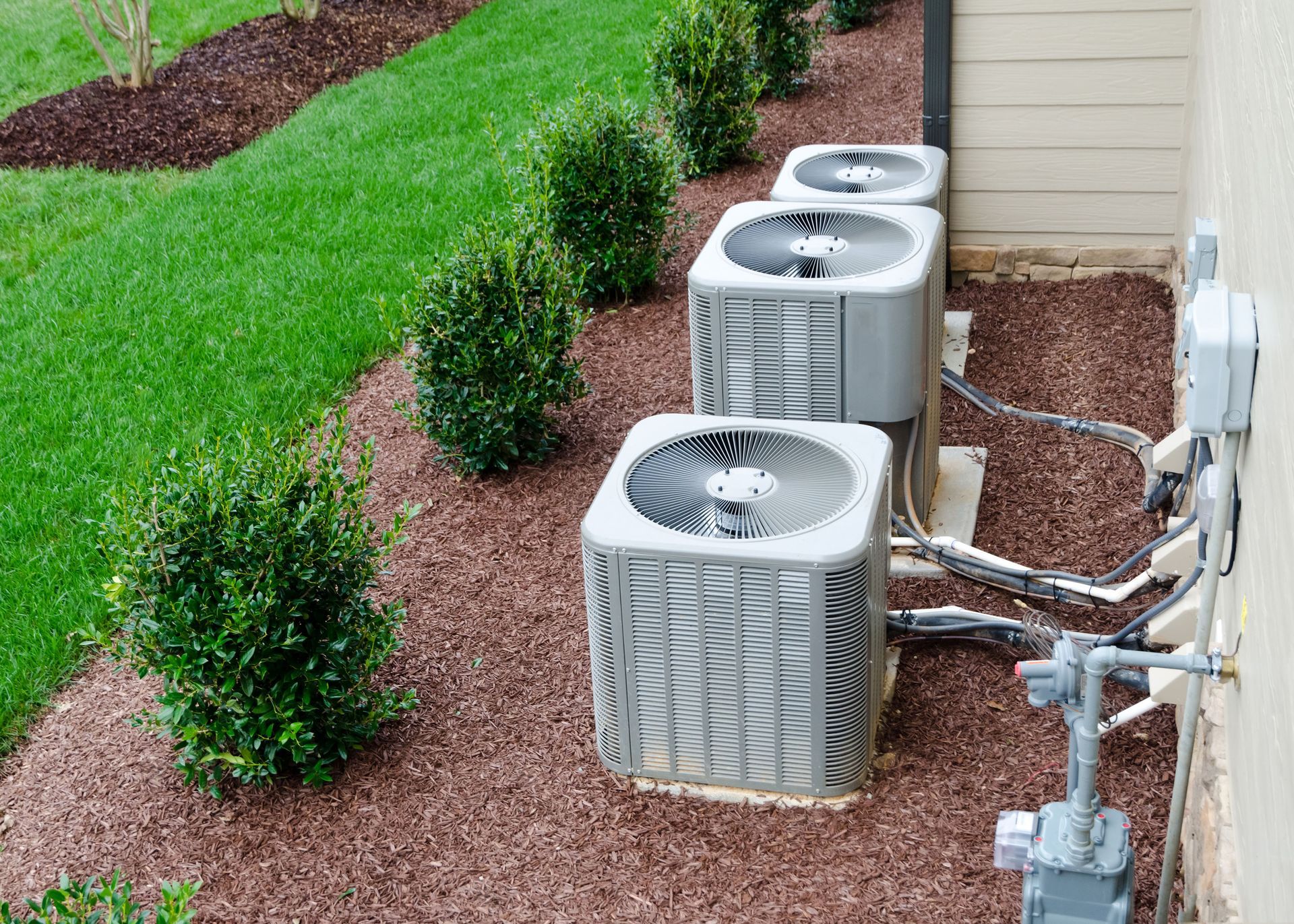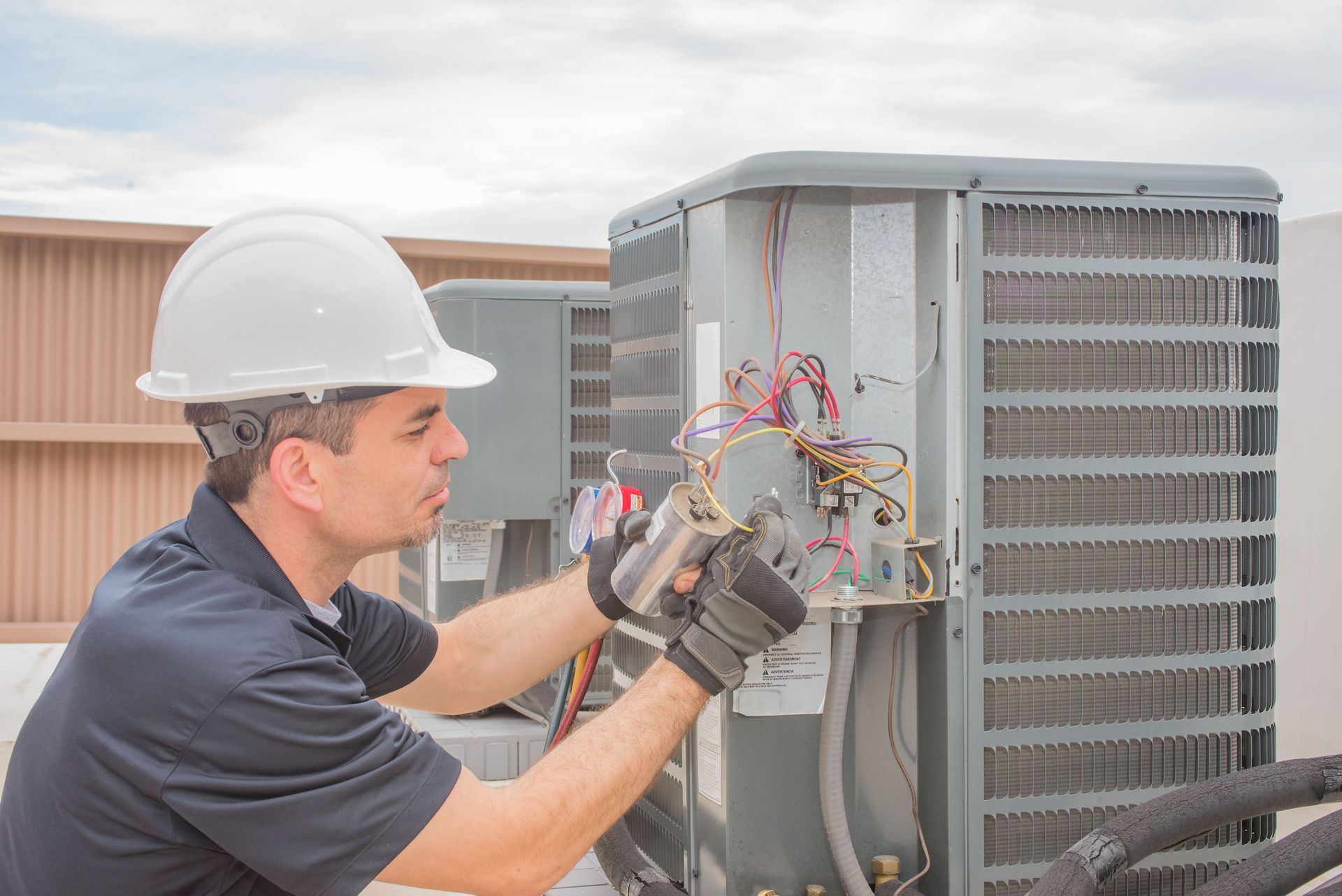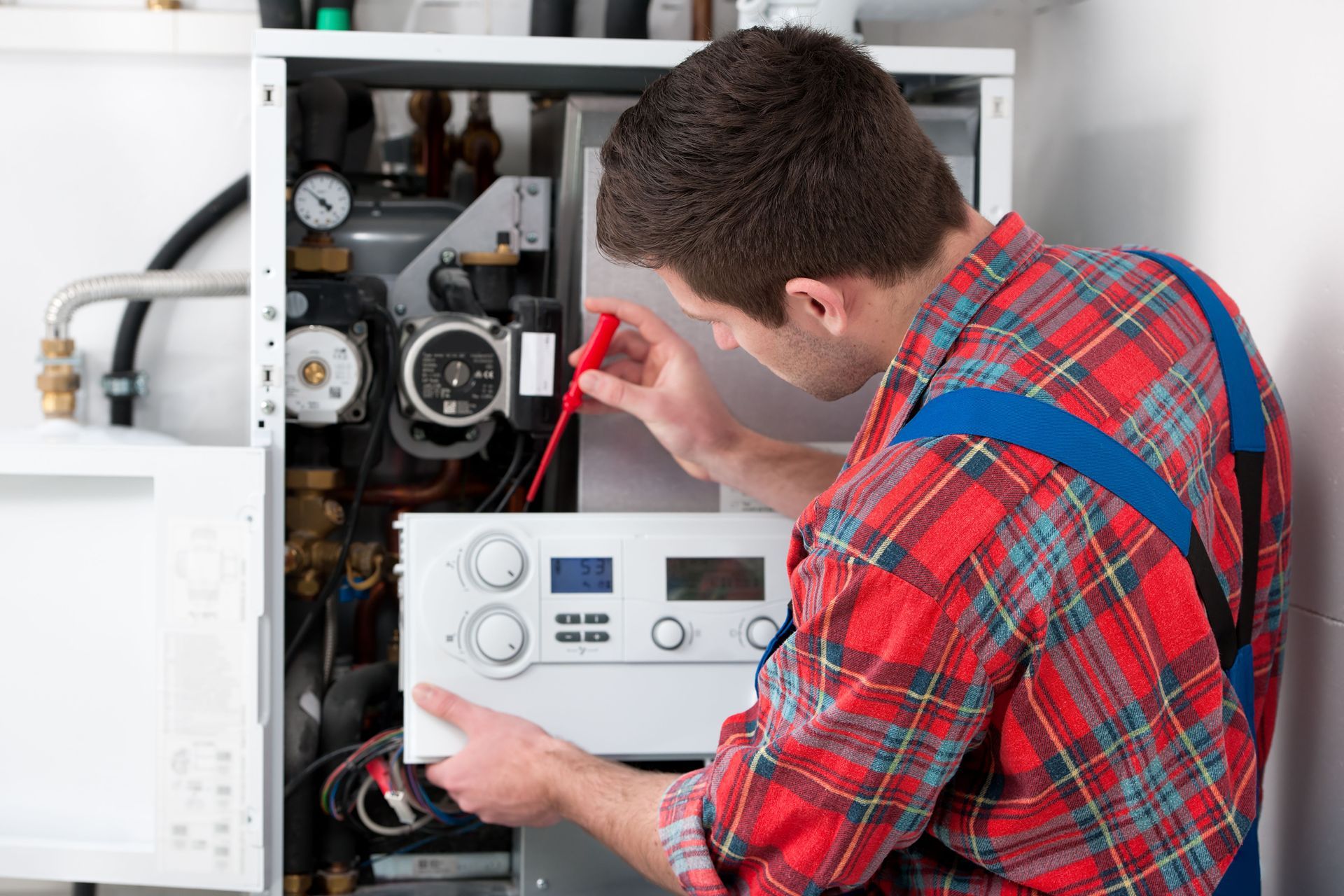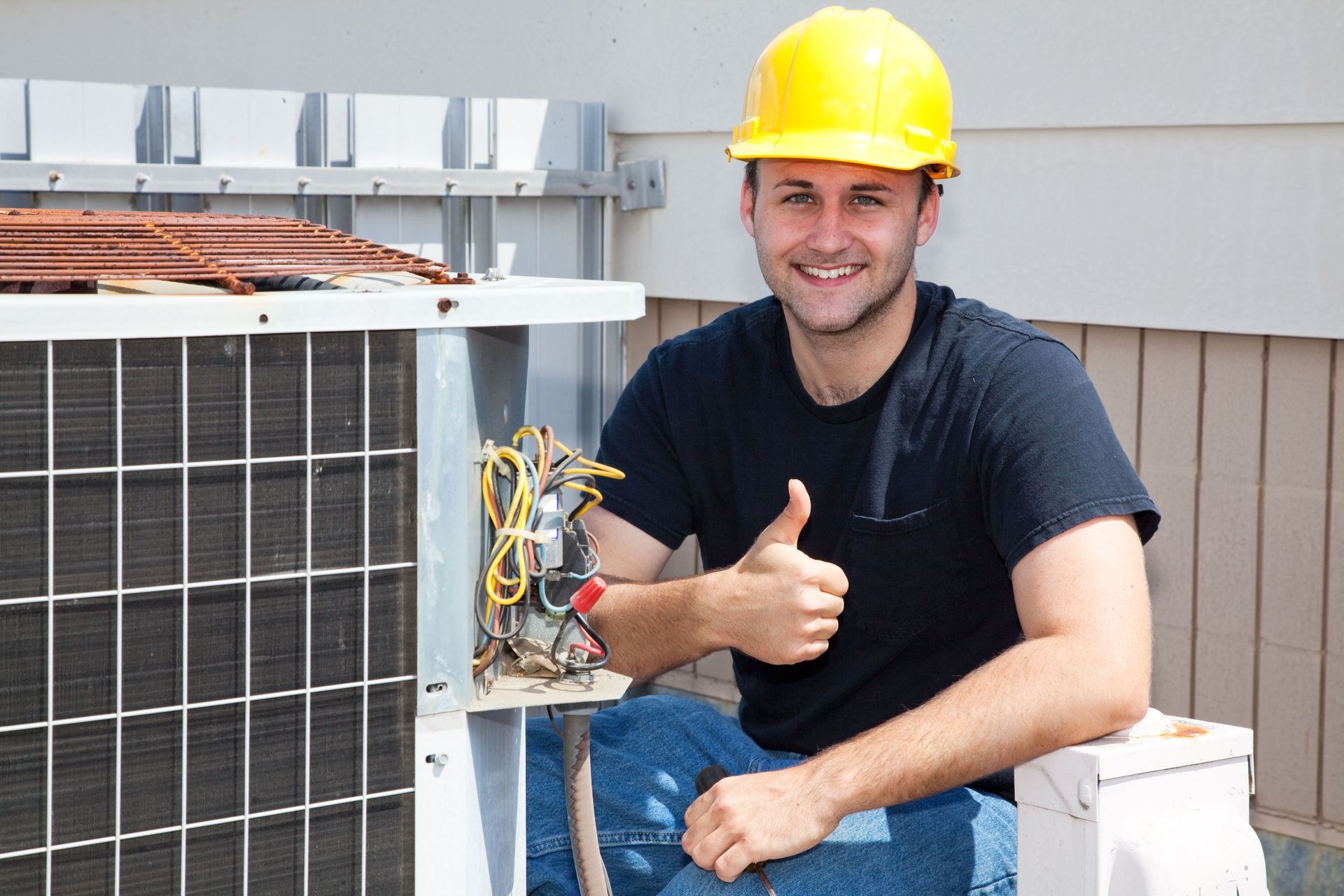Why Professional Air Conditioner Installation Matters for Optimal Performance
By Justin Stredny | September 25, 2025
The installation of an air conditioner is a critical factor that impacts overall performance, efficiency, and longevity. A professionally installed system ensures optimal functionality, reduces long-term maintenance costs, and helps lower energy bills. With HVAC systems becoming more advanced, improper installation can limit their capabilities, while professional service maximizes comfort, energy savings, and indoor air quality. For homeowners seeking reliable performance and healthier living environments, professional installation is not optional—it’s essential.
The Importance of Proper Installation Techniques
Avoiding Common Installation Errors
Professional air conditioner installation helps prevent errors such as incorrect refrigerant levels, poor drainage, and improperly sealed ductwork. These mistakes can reduce efficiency, cause uneven cooling, and even void warranties. Certified installers ensure systems are balanced, calibrated, and compliant with manufacturer specifications, keeping warranties intact and protecting homeowners from costly repair bills.
Ensuring Proper Sizing and Capacity
Correct sizing is critical. A unit that is too small will struggle to cool the home, while one that is too large will cycle excessively, wasting energy. Professionals calculate square footage, insulation, and window placement to recommend the right size. According to Constellation, HVAC systems typically last 15 to 20 years, and proper sizing from the beginning supports longevity and efficiency throughout that lifespan.
Maximizing Energy Efficiency
Even the most advanced air conditioners cannot perform efficiently if installed incorrectly. Professionals optimize ductwork placement and refrigerant charge, ensuring systems run under ideal conditions. Proper air conditioner installation lowers monthly utility bills and reduces carbon footprints, making it both a financial and environmental win. Professionals understand the latest energy-efficient technologies and can integrate them into the system to ensure maximum performance. They know how to install systems to ensure that the compressor runs at peak efficiency, reducing power consumption and operating costs. This ensures homeowners realize the long-term benefits of their energy-saving investments.
Reducing Future Maintenance Needs
Many common repair issues—such as refrigerant leaks or blower failures—stem from poor air conditioner installation. A professional setup allows components to work in harmony, minimizing wear and reducing the likelihood of costly repairs. This not only cuts maintenance expenses but also extends the unit’s usable life. Installing an air conditioner correctly ensures that all components, including the motor, evaporator coil, and refrigerant lines, are optimally aligned, preventing wear and improving longevity.
The Role of Expertise and Experience
Understanding HVAC System Requirements
Professional installers account for each home’s layout, insulation, and climate, tailoring solutions to meet unique requirements. Their training and experience equip them to handle both standard and high-efficiency models, ensuring homeowners benefit from modern HVAC advancements. They also know how to integrate systems into homes with complex designs, ensuring that optimal performance is maintained despite layout challenges. This understanding is essential when considering factors like ductwork routing, insulation levels, and even the location of the thermostat to maximize system efficiency.
Implementing Advanced Installation Techniques
Modern HVAC technology demands precision. Professionals apply advanced techniques such as system calibration and diagnostic testing to fine-tune performance. These approaches prevent problems like short cycling and help homeowners enjoy the full benefits of today’s energy-efficient systems. They also understand the importance of advanced technologies, such as variable-speed compressors and multi-stage units, and know how to integrate them effectively into a home. Their familiarity with these innovations allows them to optimize air conditioner operation, ensuring that cooling and heating are both efficient and precise.
Ensuring Safety and Compliance with Regulations
Certified installers follow local and national codes, protecting households from hazards like electrical faults or refrigerant leaks. Licensed professionals safeguard both people and property, ensuring safe, compliant, and reliable operation for years to come. They stay up-to-date with industry regulations and codes, ensuring that all air conditioner installations meet legal safety standards. Their certification and training are essential for maintaining these high safety standards, which is particularly important in preventing accidents related to improper installation. With strict adherence to safety guidelines, professionals offer peace of mind that the job will be done right.
Optimal Performance and Efficiency Benefits
Ensuring Efficient Airflow
Airflow determines how effectively an air conditioner cools a home. Professionals size and install ductwork correctly to prevent obstructions, reduce strain on the unit, and eliminate temperature inconsistencies. Efficient airflow contributes to both comfort and energy savings. In addition, the correct placement of air ducts can improve airflow, minimize noise, and reduce energy consumption. Proper ductwork alignment also ensures that cool air is evenly distributed throughout the space, ensuring optimal cooling in every room of the house.
Enhancing Cooling and Heating Capabilities
Professionally installed units are calibrated for precise temperature control and seasonal adaptability. Whether combating summer heat or winter cold, the system maintains comfort while protecting components from overuse and premature breakdowns. This allows homeowners to benefit from year-round comfort with fewer interruptions and lower energy usage. Professional air conditioner installation ensures that systems maintain high performance across all seasons, with the ability to handle varying demands without sacrificing efficiency.
Improving Occupant Comfort Levels
Balanced airflow and humidity management eliminate hot and cold spots, reduce excess moisture, and improve indoor air quality. This enhances comfort and creates a more pleasant, healthy environment for families and guests alike. By optimizing comfort, air conditioners not only improve the physical environment of a home but also contribute to the emotional wellbeing of its inhabitants. When the home remains consistently comfortable, it becomes a place where occupants can truly relax and enjoy their living space without the distractions of temperature fluctuations or discomfort.
Extending System Lifespan and Durability
The lifespan of an air conditioning system is a significant factor in its overall value, and professional air conditioner installation plays a crucial role in extending it. Proper setup reduces stress on components, preventing premature wear and tear that can lead to costly repairs or early replacement. According to Constellation, the lifespan of an HVAC system typically falls within a range of 15 to 20 years. Professional installation helps systems reach and even exceed these averages by ensuring peak performance for the duration of their operation. The combination of reduced maintenance, enhanced performance, and extended lifespan represents a substantial return on the homeowner’s investment.
The Impact of Proper Installation on Indoor Air Quality
Preventing Air Leaks and Contaminants
Properly installed air conditioning systems significantly improve indoor air quality by preventing air leaks and inhibiting the infiltration of contaminants. Professionals ensure that ductwork and vents are sealed correctly, eliminating pathways for dust, allergens, and outdoor pollutants. This attention to detail enhances the purity and quality of the indoor environment. By sealing off areas where pollutants might enter, professional air conditioner installers prevent the buildup of allergens and particles in the air, ensuring cleaner, healthier air for all occupants.
Maintaining Proper Humidity Levels
Maintaining proper humidity levels is a crucial aspect of indoor air quality, and professional installation ensures effective humidity control. Installers configure the system to monitor and adjust humidity levels automatically, preventing the growth of mold and mildew. This control helps reduce the risk of health problems associated with excessive moisture in the home. By maintaining a balanced humidity level, professionals help prevent mold growth and mildew that could negatively impact both the indoor air quality and the structural integrity of the home.
Professional air conditioner installation is the foundation of reliable performance, energy efficiency, and long-term comfort. It reduces errors, validates warranties, improves air quality, and safeguards system lifespan. For homeowners, investing in professional installation is not just about immediate comfort—it’s a long-term strategy for savings, safety, and sustainable living. In need of air conditioner installation? Contact Tom's Quality Comfort Air & Heat today.





Share On: